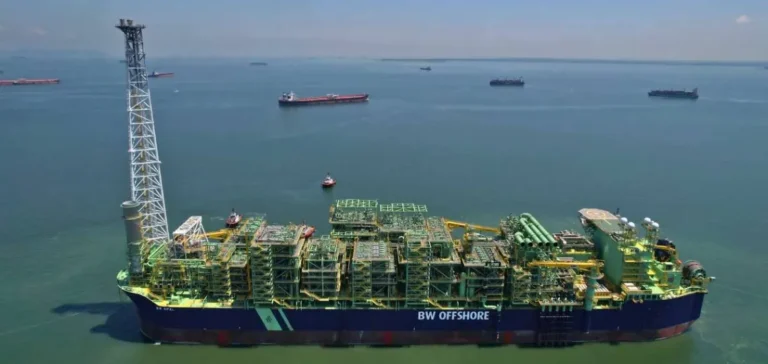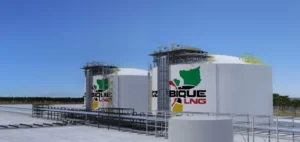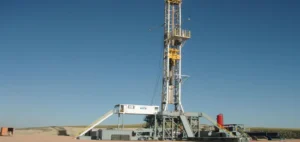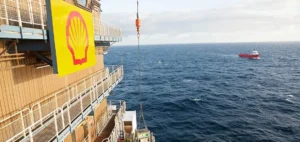BW Offshore confirmed the achievement of First Gas on its Floating Production, Storage and Offloading (FPSO) unit BW Opal, dedicated to the Liquefied Natural Gas (LNG) Barossa project operated by Santos. This milestone opens the operating phase and triggers 60% of the dayrate provided for under the charter. The Ready for Start-Up (RFSU) status had been validated a few days earlier, in line with the contractual schedule. The transition from project to operations is now under way.
Operational milestones and maintenance requirements
First Gas marks the shift to operations and confirms the availability of systems required for stable production. RFSU was reached on 16 September, the prior milestone to ramp-up. First Gas followed on 20 September. These steps condition remuneration progression and structure preparation of maintenance activities during the initial optimisation phase.
The next milestone, the Interim Performance Test (IPT), will raise remuneration to 85%. Practical Completion (PC) will trigger 100% of the dayrate and the start of the 15-year firm contract. This sequence of milestones is explicitly tied to remuneration thresholds of 60%, 85% and 100%. It frames expected operational reliability and the organisation of maintenance interventions in steady state.
Processing capacities and operating scope
BW Opal is designed to process up to 850 mn standard cubic feet per day (million standard cubic feet per day, MMSCFD) of gas. It has a capacity of 11,000 barrels per day of stabilised condensate. The unit operates on the Barossa field, 285 kilometres offshore Darwin, in the Northern Territory. The FPSO is assigned to treating volumes from the reservoir.
Progression to IPT and PC will occur after validation of technical and performance criteria defined contractually. At PC, the 15-year firm period of the charter will begin, ensuring activation of the full dayrate. Successive milestones map inspections, schedule interventions and guarantee availability in the operating phase. “Reaching First Gas on BW Opal is a tremendous achievement and a testament to the hard work, dedication, and collaboration of our teams, contractors, and partners,” said Marco Beenen, Chief Executive Officer (CEO) of BW Offshore.






















